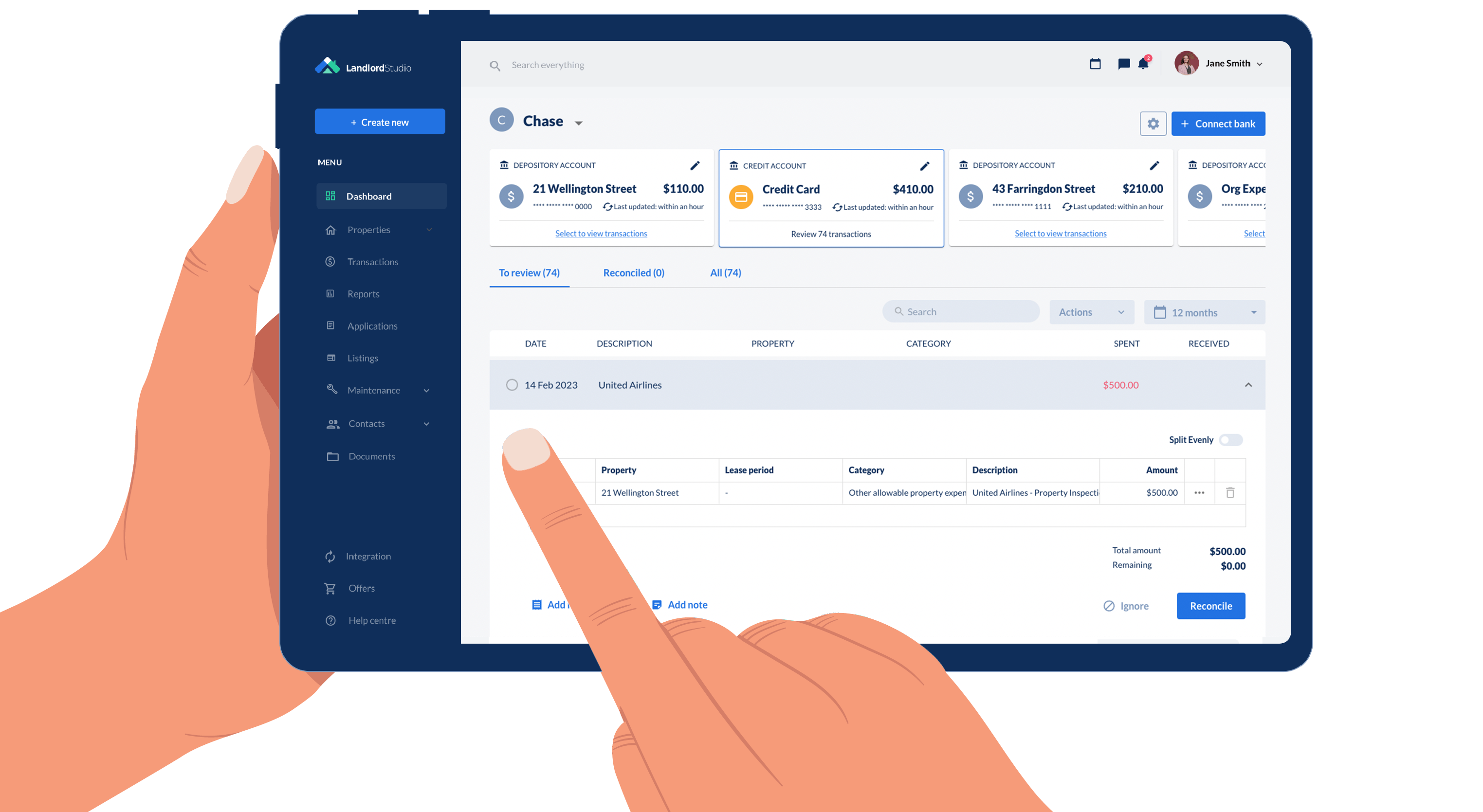You may be the type of person who prefers to delegate some of your money’s growth to others. If your money isn’t earning enough to keep up with inflation, you can end up losing money rather than making it. Inflation is the gradual increase in the price of goods and services, which can deplete your savings.
The Federal Reserve aims to sustain annual inflation at roughly 2%. Your assets should generate at least that much to maintain their worth.
Investors overlook the impact of inflation on their investments until they compare their returns to the rising cost of living. In order to make any significant progress toward financial goals, investors must overcome the inflation barrier.
To counterbalance the inflationary decline in purchasing power and thus savings, one must choose investment options that have the potential to yield a considerably larger return. Investing in long-term debt mutual funds is one of the finest ways to battle the inflation monster.
Impact of inflation on debt funds
Inflation does not affect the debt fund’s ability to invest. These investments are influenced by changes in policy rates, driven by changes in inflation. The central bank of a country, such as the RBI in India, is in charge of changing policy rates. It is a part of the country’s monetary policy. You can learn more about how RBI policies affect your investments here. If inflation rises above a certain level, the RBI may be forced to act. Remember that interest rates and bond prices are inversely related; as rates rise, so do bond prices.
Inflation might help or hinder your debt fund investment, depending on the interest rate situation. As a result, keeping inflation under control is critical. With this knowledge, you may select a debt fund to invest in based on your investment horizon and financial objectives. You can look at debt funds with a one-year maturity or longer maturities.
5 ways how debt funds can help you beat inflation
Low returns
Inflationary pressures have forced some debt fund investors to endure negative real returns. Actual returns are compared to inflation to calculate real returns. They assess an investment’s capacity to protect and grow your purchasing power.
According to Value Research statistics, the average returns of low-duration, short-duration, corporate bond, banking, and PSU debt funds over the past six months were 5.18 percent, 5.84 percent, 6.18 percent, and 6.19 percent, respectively, beating inflation on a pre-tax basis. However, due to rate cutbacks, much of this is a one-time event that may not be repeated in the future.
Diversification
Diversified equity funds hold a diverse portfolio of firms. Assume that our country’s GDP grows at a rate of 6%, and these businesses grow at a rate of 13%. (adding 7 percent inflation). Higher share prices and, as a result, higher returns on your investments reflect this progress.
Short-end rates
While very short-end rates are currently trading at approximately 4% or lower, there is still value in the 3 to 10 year segment of corporate bonds, SDLs, and government securities. As a result, balancing debt length and staying invested for extended periods (preferably 3 years or more) can still help generate excellent profits.
Shield against volatility
Debt funds can provide a decent hedge against the equities market’s volatility. The amount of debt in your portfolio will be determined by your financial goals and deadlines and your risk tolerance. Your investment returns will be more stable as a result of this diversification.
Greater Liquidity
One of the advantages of investing in debt funds is how you can take advantage of a highly liquid investment. As an investor, you can withdraw your debt fund investment anytime you need it and have it reflected in your bank account in as little as a day. When you compare this to other fixed income vehicles like Fixed Deposits, which have a lot of paperwork and fines, you can see the difference in liquidity.
Final Thoughts
There is a vast variety of financial advice available at any given time, with a substantial percentage of it focusing on which types of investments can provide the best returns. Many people overlook the fact that your portfolio requires some level of steadiness.
Fixed-income products, especially debt mutual funds, should be an important instrument for any investor in this regard. Debt funds come with unique benefits that can help investors get through adverse market conditions and give them a leg up on other fixed-income investments.












Comments